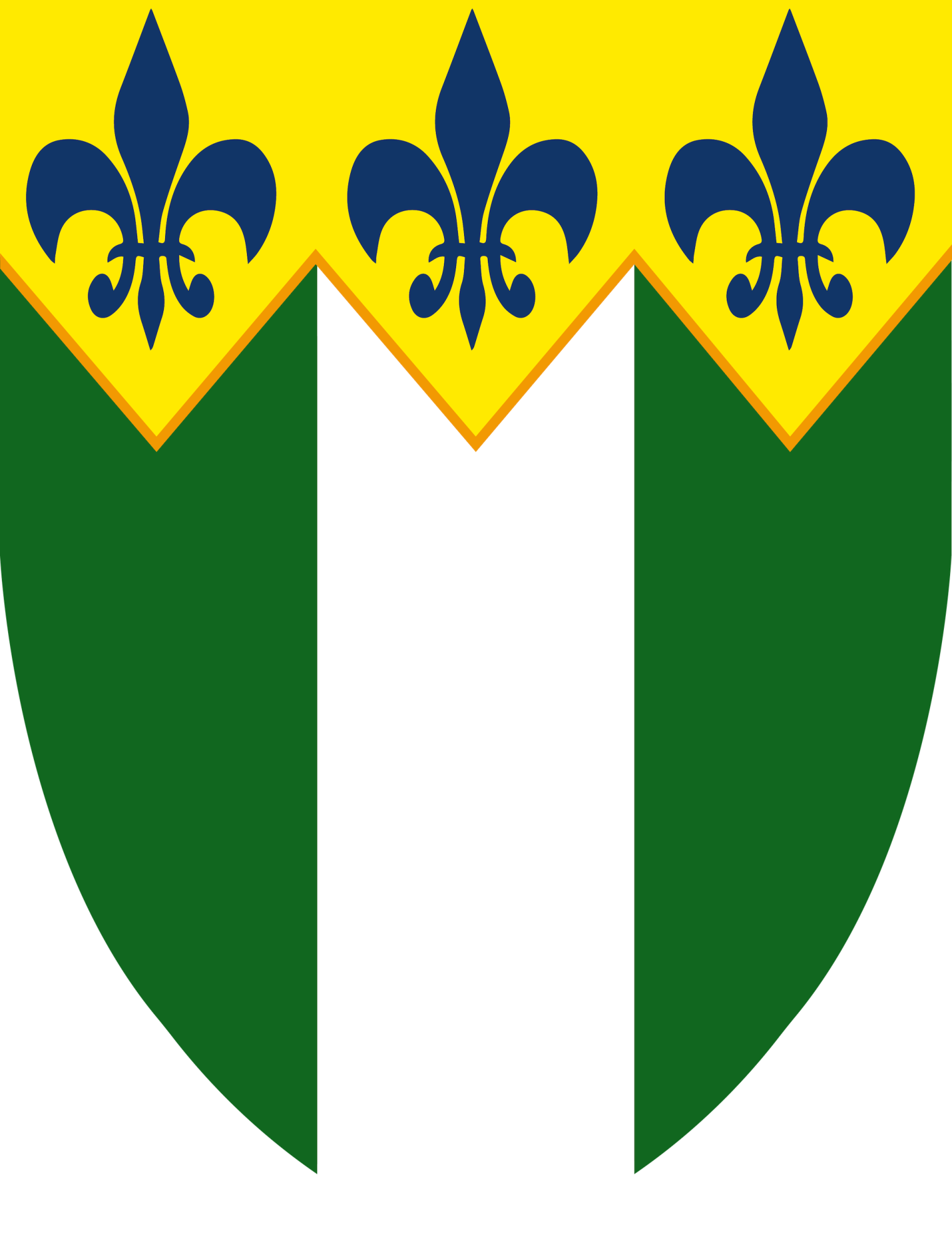English
Curriculum Statement
Across Key Stage 3 students will have exposure to a wide range of text types, including classic and contemporary fiction and good quality non-fiction. We will foster a love of reading for pleasure and develop students as critical readers. They will develop an understanding of author’s intent and tone, layers of meaning in a text and the way language and structure is used to convey this, and be able to evaluate the impact of these features. Students will find their own voice and also be able to imitate other writing styles through a range of extended writing tasks, creating a wide variety of fiction and non-fiction texts and developing these to focus on language, structure and technical accuracy. Students will be able to make links across a range of texts and place texts into a real-world context. Additionally, students will engage with media and film in meaningful ways, both analytical and creative. They will be encouraged to discuss ideas and present their work in pairs and groups and to participate in class discussion so that they can explore ideas before committing them to paper and they become confident communicators orally as well as in writing. By the end of Key Stage 3, students will be familiar with all of the skills that they will require for their GCSEs and will feel prepared in moving into Key Stage 4 (including into media studies and film studies options).
We will achieve this by providing an enjoyable and inclusive curriculum that recognises the diversity of our community. Our schemes of work will encourage students to engage personally with ideas explored and foster an understanding of how key themes in texts relate to the wider world. Students will use literature to enrich and broaden their own vocabulary and to use the knowledge they have acquired in their English lessons to inspire them to read outside the classroom and develop their knowledge independently. We want students to become autonomous learners in and out of the classroom, capable of understanding what they have achieved in their own intellectual development and what they need to do to improve.
Above all, we want students to appreciate and respect each other in the classroom and work together to create a positive and safe learning environment where all have the opportunity to enjoy, engage and achieve.
Key Stage 4:
Key Stage 3 creates a strong foundation of the knowledge, skills and assessment criteria at GCSE, and our intent at Key Stage 4 is to build on this progressively so that students are able to achieve all they are capable of in their Language and Literature exams. While we will study individual texts in close detail, we will not lose sight of how these texts are relevant at a wider societal level. We will continue to place enjoyment and engagement, not just with individual texts but with the wider world that students live in, as a priority: this means that students are not disheartened by drilling of exam techniques but still complete a rigorous learning journey which is clearly sequenced to allow for growth both in terms of skills mastered and emotionally.
Our approach will ensure that students are continuously engaging with elements of national policy (PSHE, British values etc). As well as being academically successful, we value the idea of making students into well-rounded, polite, politically and socially aware young adults.
Please email Miss Admoni at g.admoni@friern.barnet.sch.uk if you have any questions regarding English.
